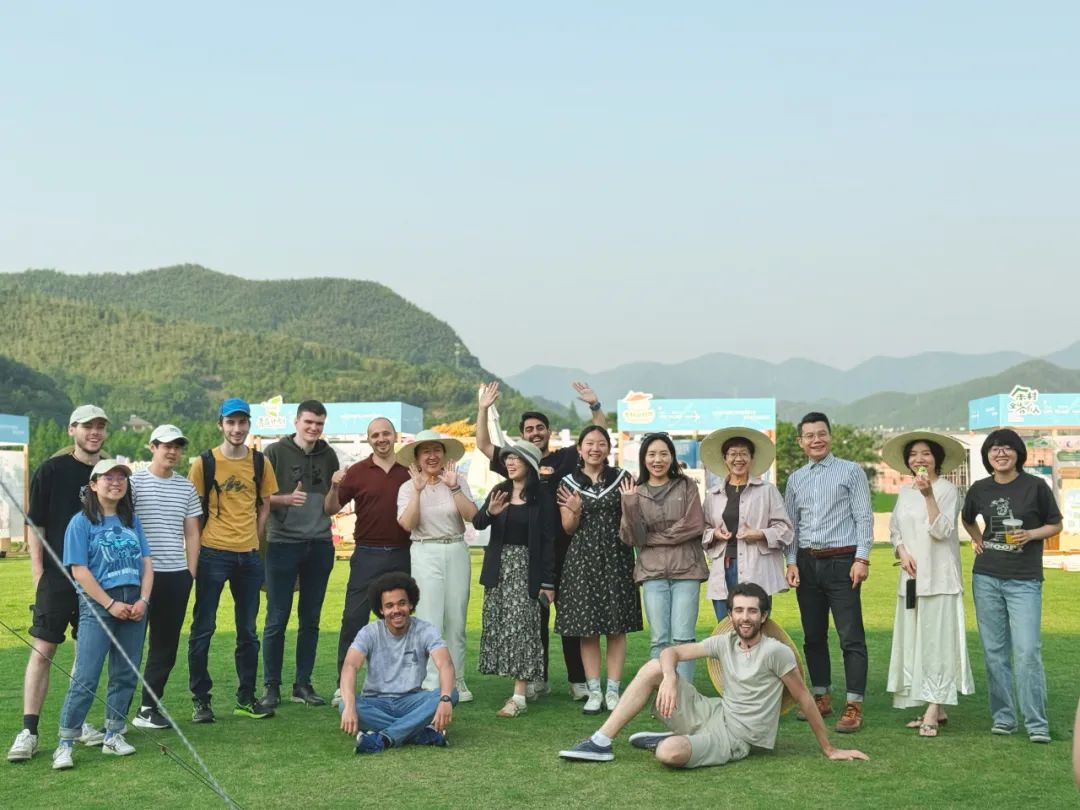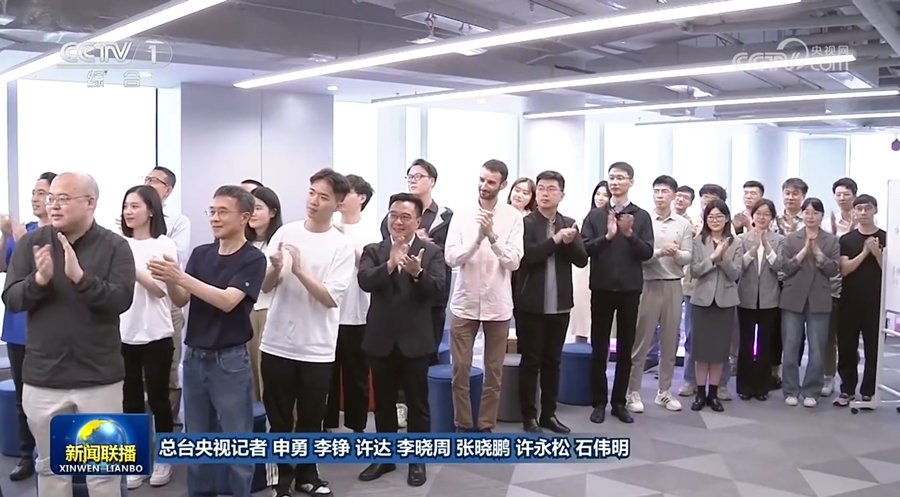
On May 29, at Shanghai’s cutting-edge “Model Speed Space” innovation hub, Hamza Boukili, a mathematics professor at the SJTU-ParisTech Elite Institute of Technology, stood out in the crowd. He was not just there to observe; he took part in a lively exchange with none other than President Xi Jinping himself.
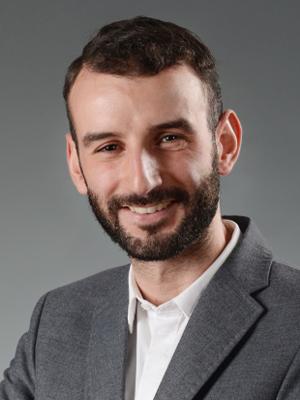
“I’m truly honored and thrilled to be part of this event,” said Boukili, reflecting on the experience. As the only foreign participant in the room, he joined Chinese entrepreneurs, professors, and students for a roundtable session centered on one of the hottest topics in tech today: AI agents. “Everyone contributed ideas from their own perspective—industry, research, education. It was incredibly inspiring.”
Originally from France and of Moroccan descent, Boukili joined Shanghai Jiao Tong University in 2020. Five years on, he has not only become a dedicated faculty member but also a permanent resident of China and a self-described “New Shanghainese.” During the exchange, he learned that President Xi Jinping had visited a scientific research institute in Nice back in 1985. “He was warm and approachable,” Boukili recalled. “The entire conversation was extremely memorable.”
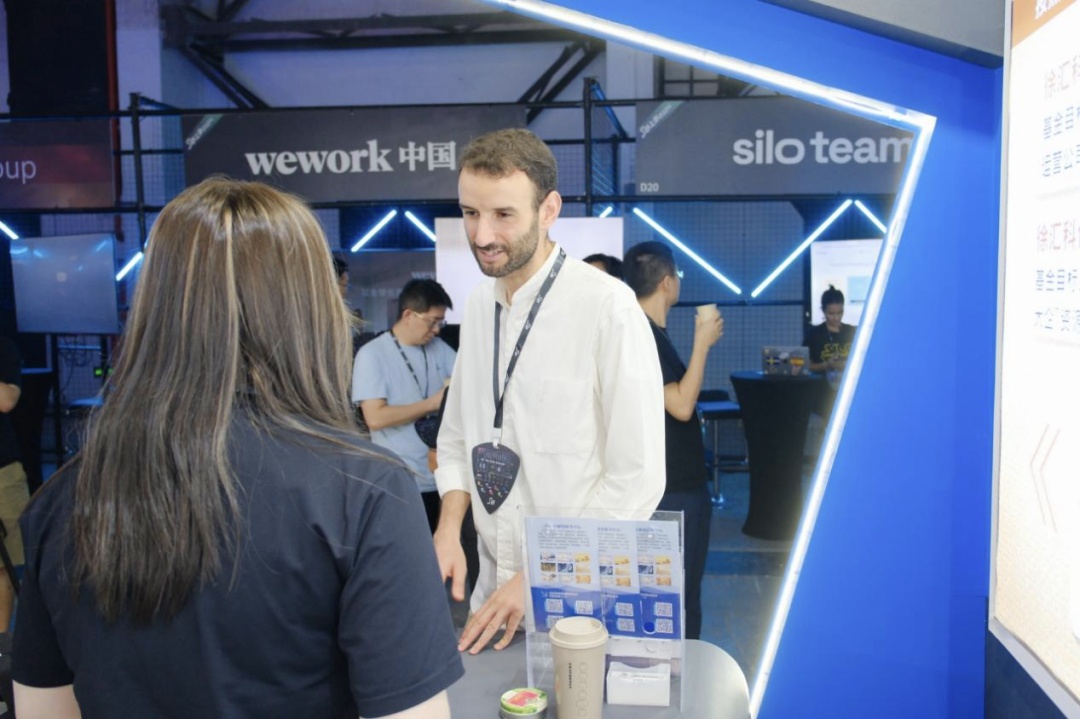
Boukili’s contributions extend well beyond the classroom. He is also an entrepreneur based in Shanghai’s Xuhui District, where SJTU and the Model Speed Space are located. Together with a local partner, he co-founded a startup focused on AI-powered solutions for energy efficiency and carbon reduction efficiency, with the aim of contributing to China’s dual carbon goals of peak emissions and carbon neutrality.
“There is a remarkable level of support for entrepreneurs here,” he noted. “When a venture succeeds, the impact extends beyond the individual. It creates value for the university, the district, and the wider community. With such a supportive environment, the question becomes: why not pursue it?”
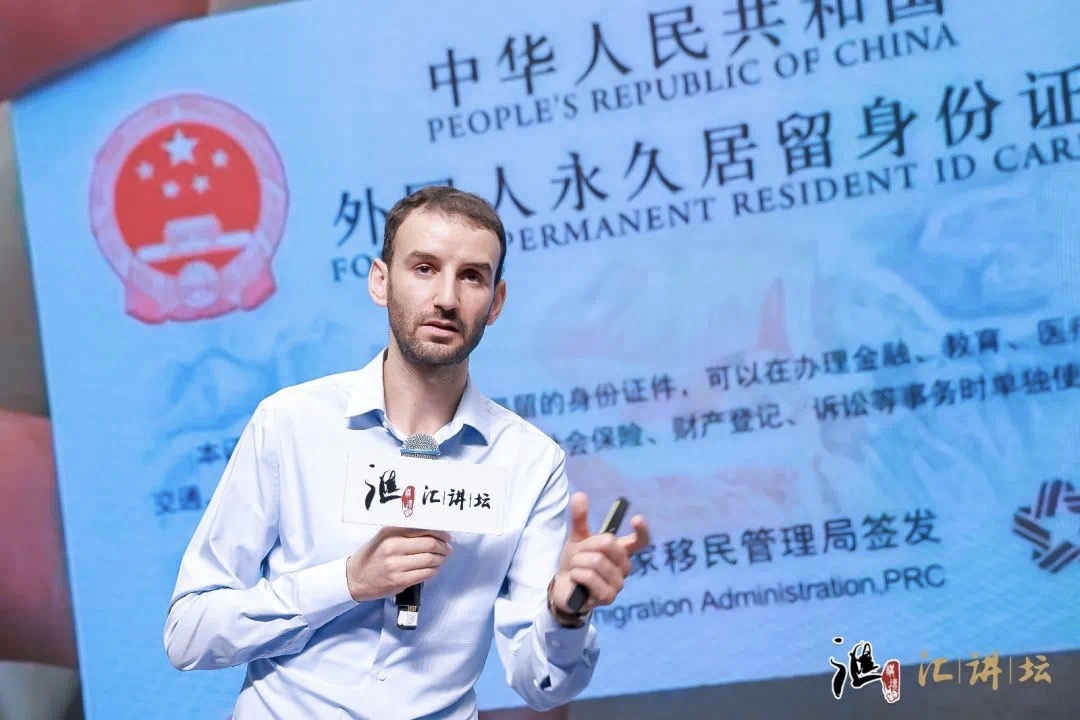
In fact, just a year ago, Boukili had no idea he would soon be running his own company. “I attended an innovation and entrepreneurship summit here in 2023, and at the time, I never imagined I’d return the following year as a founder,” he reflected.
Later that year, in the lead-up to the Paris Olympics, Boukili was invited to speak at Huijiangtan, a popular community forum in Xuhui District that has been active since 2016. The topic of his talk was close to his heart: his personal reflections on Franco-Chinese cultural ties. The timing, however, posed a challenge; at the time, Boukili had already arranged a trip to Paris for both professional and personal matters.
“Still, I’ve always enjoyed sharing my story, so I accepted the invitation without hesitation,” he said.
He carved out bits of time between meetings to prepare his talk, booked his return flight, and landed in Shanghai just in time for the event—jet-lagged but energized. “The audience was incredibly welcoming. For the first time, I felt truly connected—to the place I live, to the community, to the people around me. It was a warm, powerful experience.”
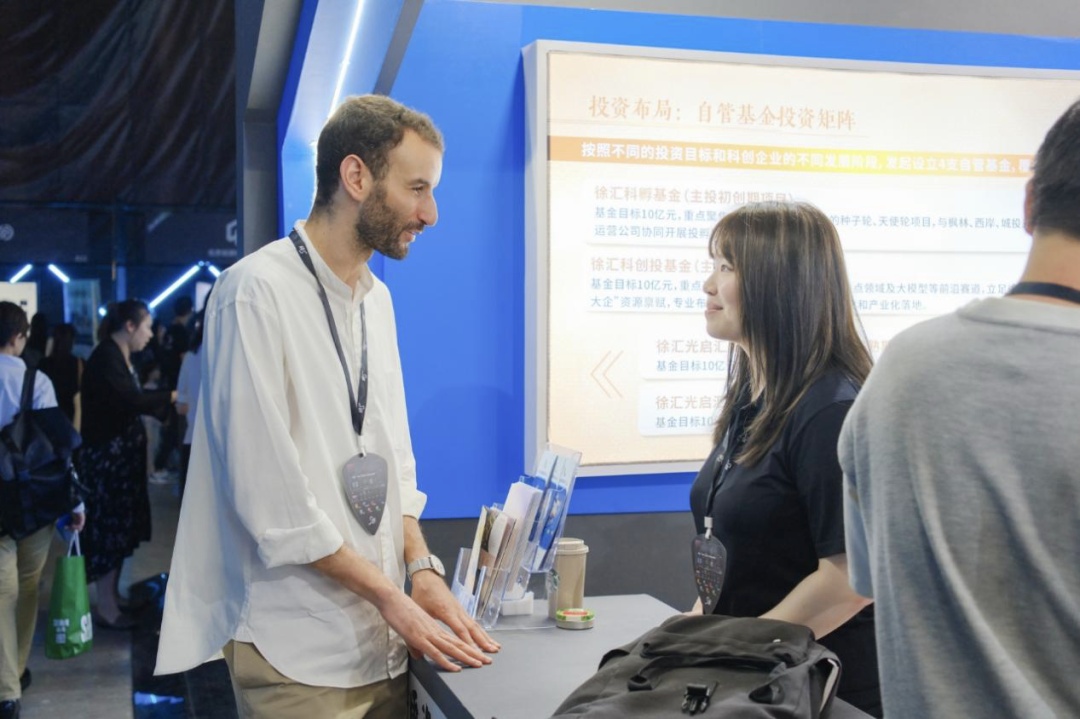
Looking at Shanghai today, Boukili sees a city that is rapidly emerging as a global leader in technological innovation, and he is eager to be part of its future. “Shanghai has made tremendous progress in science and technology,” he said. “I’m filled with both ambition and optimism—for my own future, and for this city’s continued growth.”
The SJTU-ParisTech Elite Institute of Technology was jointly established by SJTU and four of France’s leading engineering institutions: École Polytechnique, ENSTA Paris, Télécom Paris, and MINES Paris. Today, the institute’s faculty is composed of approximately 40% French nationals. Boukili hopes to continue making full use of this international platform to strengthen academic and industry partnerships across borders, support talent development, foster cross-cultural collaboration, and contribute to China’s growing role in global innovation.
Cover image: CCTV
Photography provided by the university and district authorities
Source: Ruizhe Xu, Jiefang Daily



